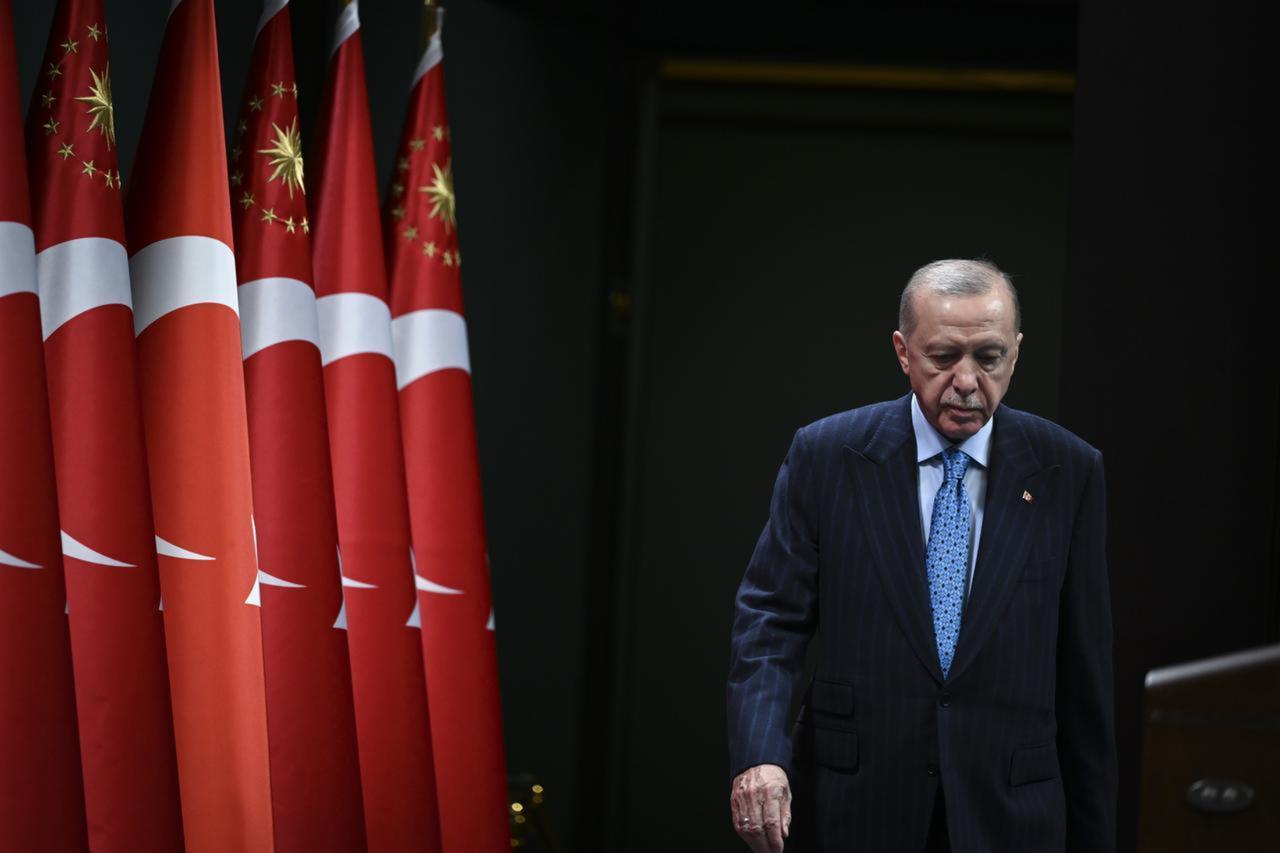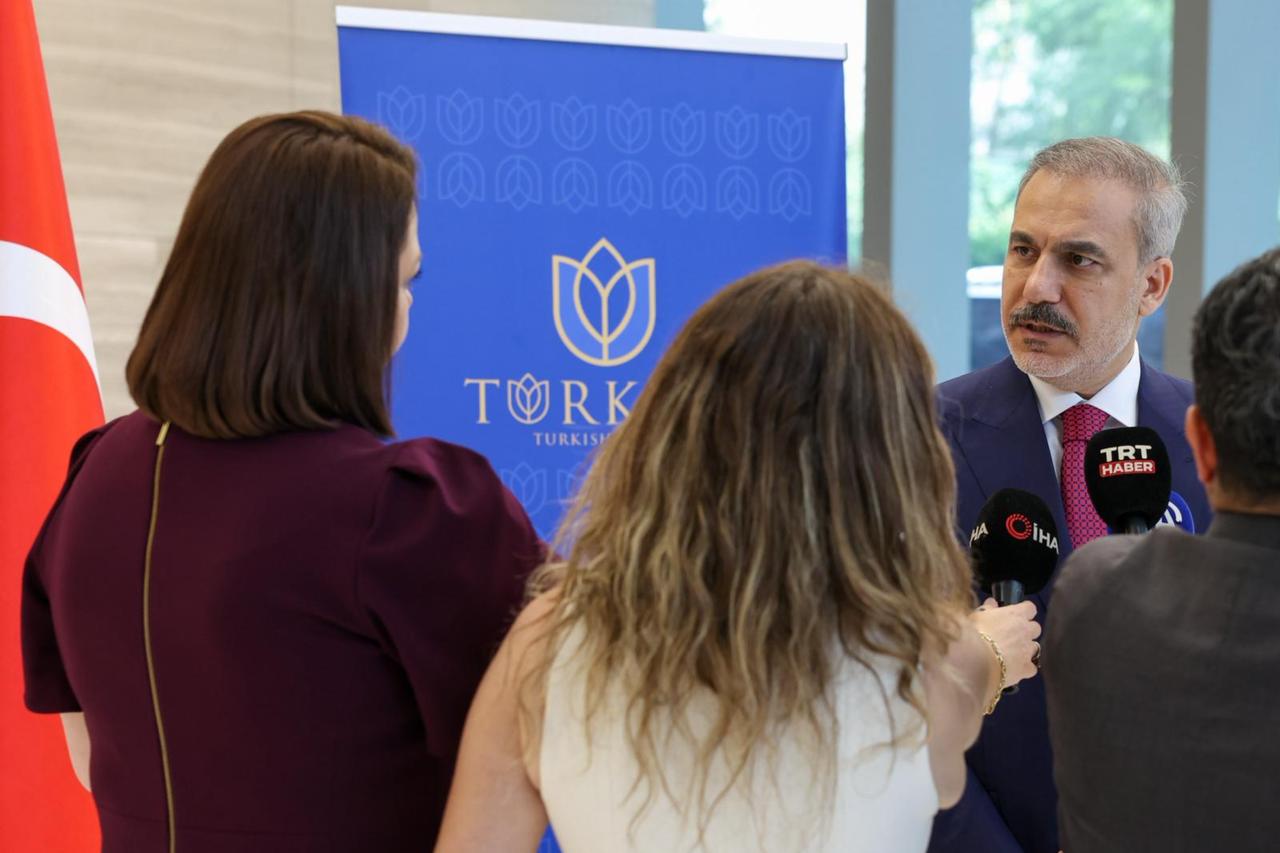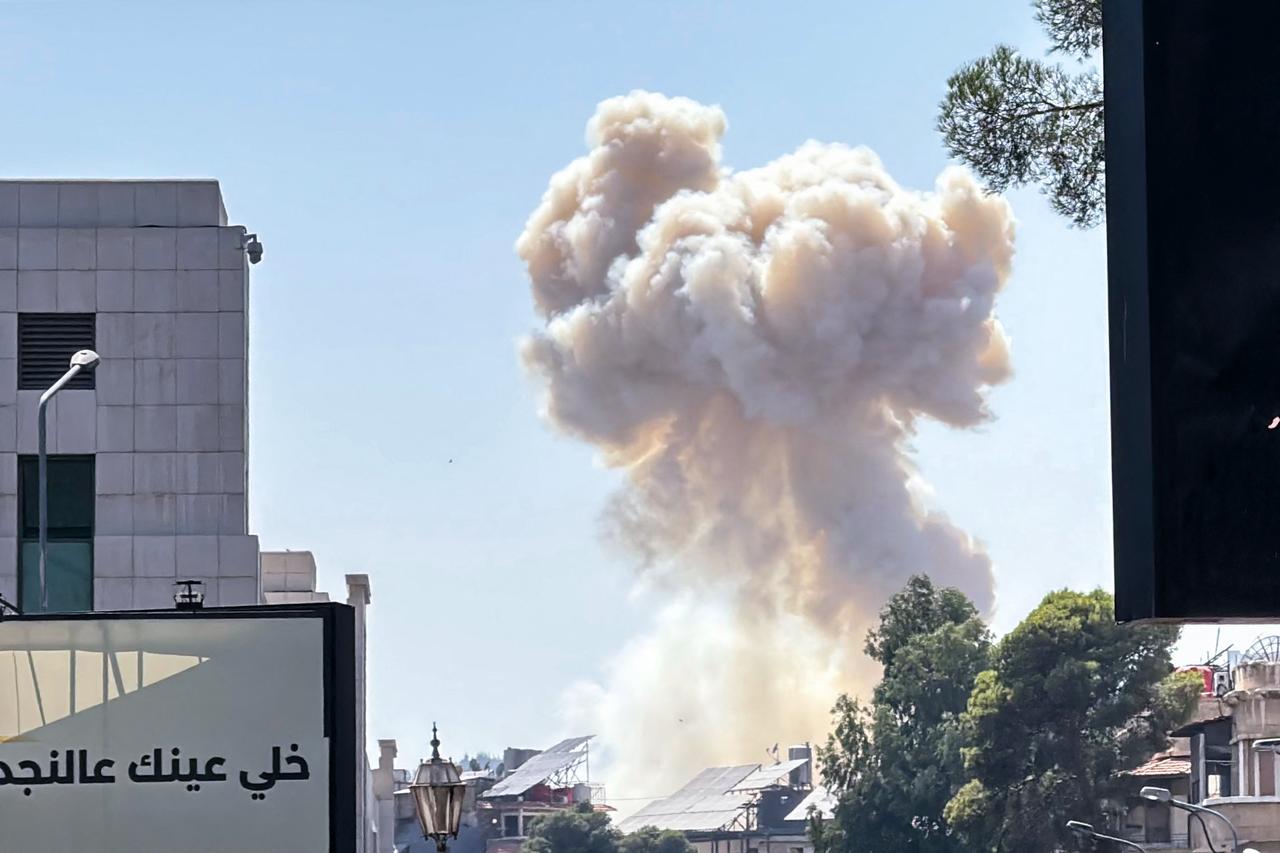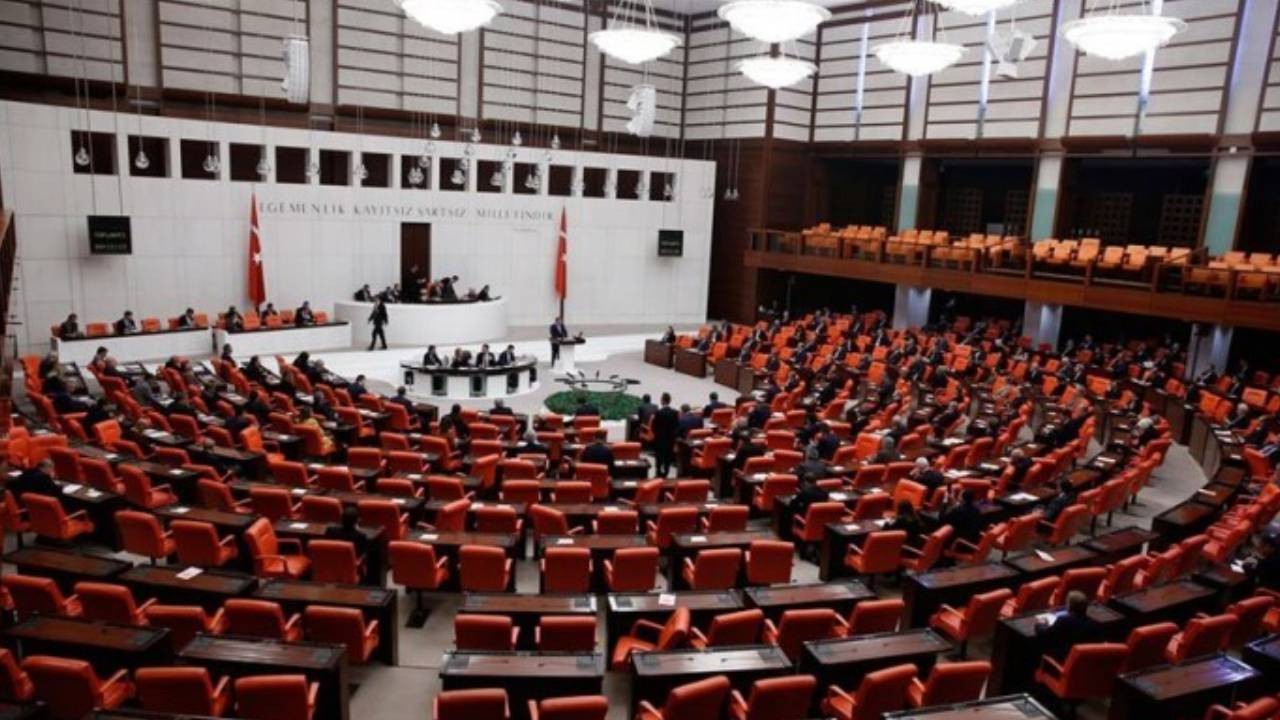
From the European Union and the United States to Türkiye and the Gulf, a range of actors have invested diplomatically, politically and economically in new Syria’s future, seeking to influence the country’s direction after decades of authoritarian rule and more than 10 years of devastating conflict.
Türkiye, which played a leading role throughout the war, positioned itself as a close partner to Syria’s emerging leadership, fostering ties based on a sense of alliance. Ankara has also been widely viewed as a potential guarantor of Syria’s security in the post-conflict period.
Against this backdrop, some have interpreted Israel’s recent strike on Damascus as a message not only aimed at the new administration, but also at Türkiye. Yet Ankara’s reading of the incident points to a deeper concern, one that goes beyond a contest of regional assertiveness.
All politicians in every rank of the country’s leadership reacted strongly to the strike. Ankara’s immediate response has been to mobilize a diplomatic front against Israel while also signaling to Washington that Israeli actions are increasingly at odds with stated U.S. policy in the region.
Further measures, extending beyond diplomacy to be more assertive, will be taken over time.
Türkiye’s political leadership has responded with a clear message to Israel’s latest airstrike on Damascus: Ankara sees the attack not as an isolated military action, but as part of a deliberate pattern that threatens regional stability and openly violates the sovereignty of neighboring states.
For Ankara, the July 16 airstrike on Syria’s Defense Ministry in the heart of Damascus was a direct provocation. The fact that Israeli forces also targeted a military site near the Presidential Palace, as a “warning,” only reinforced Turkish and common regional perceptions that Israel is acting without concern for established norms.
Turkish officials are framing the strike as an attack on the symbols of Syrian statehood, reading it as a calculated move meant to test regional reactions.
After the attack, a common view among Israeli commentators on channels was that a direct confrontation with Ankara is not imminent but rather part of a longer process, a conclusion that Turkish commentators are increasingly coming to as well.

Foreign Minister Hakan Fidan’s comments reflect Ankara’s view that Israel’s actions are part of a systematic destabilization policy. In remarks made in New York, Fidan described Israel as pursuing a course of action that consistently undermines the sovereignty and territorial integrity of states in the region.
According to Fidan, this approach started with Gaza, expanded to the West Bank, extended further to Lebanon and Iran, and has now reached into Syria’s political and military core.
Turkish leadership believes this pattern reveals a strategic mindset in Israel that dismisses regional stability in favor of unilateral security calculations. Ankara’s response has been to step up diplomatic engagement with both regional players and Western allies, signaling that it will not simply watch from the sidelines as Israeli operations widen.
Fidan’s remarks also made clear that Türkiye is pressing the United States, the European Union, and key regional countries to increase pressure on Israel. Ankara sees itself not just as a neighboring country reacting to a nearby conflict, but as a regional stakeholder.
In the aftermath of the attack, top diplomat Fidan launched a series of high-level consultations with counterparts across the Middle East, seeking to forge a unified stance against Israel’s military actions in Syria.
In direct talks with Syrian Foreign Minister Asaad al-Shaibani, Fidan relayed Türkiye’s serious concerns over the targeting of government facilities in Damascus. The message from Ankara was clear: such attacks risk deepening instability in Syria and complicating already fragile regional dynamics.
Fidan also held a call with Thomas Barrack, the U.S. envoy for Syria, underscoring Türkiye’s view that both Israel’s airstrikes and the ongoing violence in southern Syria’s Sweida province must be stopped immediately. He expanded his outreach to include conversations with his Jordanian and Saudi counterparts, aiming to rally support for a coordinated diplomatic front.
According to Turkish foreign ministry sources, Fidan and Saudi Foreign Minister Faisal bin Farhan al-Saud agreed that Israel’s actions are undermining efforts to restore stability in Syria. Both Ankara and Riyadh emphasized the urgency of halting the attacks, reflecting a shared interest in maintaining the fragile balance that supports the Syrian government under President Ahmad al-Sharaa.

Beyond Israel’s actions, Ankara is wary of how terrorist groups might exploit the unfolding situation, just as Israel has calculated. Turkish officials, including Fidan, have voiced concern over reports that the YPG could be looking to capitalize on unrest in southern Syria’s Sweida region.
Fidan’s warning to the YPG was blunt: “Do not mistake regional turmoil for an opportunity,” warning that such a move would be met with an immediate answer.
The country has also conveyed its concerns directly to Israel through intelligence channels, reiterating Ankara’s stance against regional destabilization.

Türkiye’s ruling party leaders and top government officials portrayed Israel’s airstrikes as not just a challenge to Syria but a threat to regional peace and global security. Ankara’s political messaging has emphasized that the attack on Damascus violates international law, breaches the U.N. Charter, and undermines efforts to build any sustainable order in the region.
The Turkish Parliament formalized its stance by passing a motion condemning what it called Israel’s “heinous attacks” on Syria. The vote underscored a growing belief within Turkish political circles that Israel’s widening military operations reflect a reckless disregard for the fragile balance in the Middle East.
Türkiye’s Foreign Ministry responded to the Damascus strike by accusing Israel of sabotaging Syria’s fragile prospects for peace. In Ankara’s reading, the current moment presents a rare window for Syria to stabilize and reconnect with the international community after years of war. Israel’s military actions, according to this perspective, are designed to derail such a process, making a volatile situation even more combustible.
From the newly appointed communications chief, Burhanettin Duran, to veteran figures like Efkan Ala, political ranks across the board wasted no time in aligning their reactions, even as President Recep Tayyip Erdogan himself has yet to make a statement. The message points unmistakably to a growing consensus within Ankara’s ruling bloc.